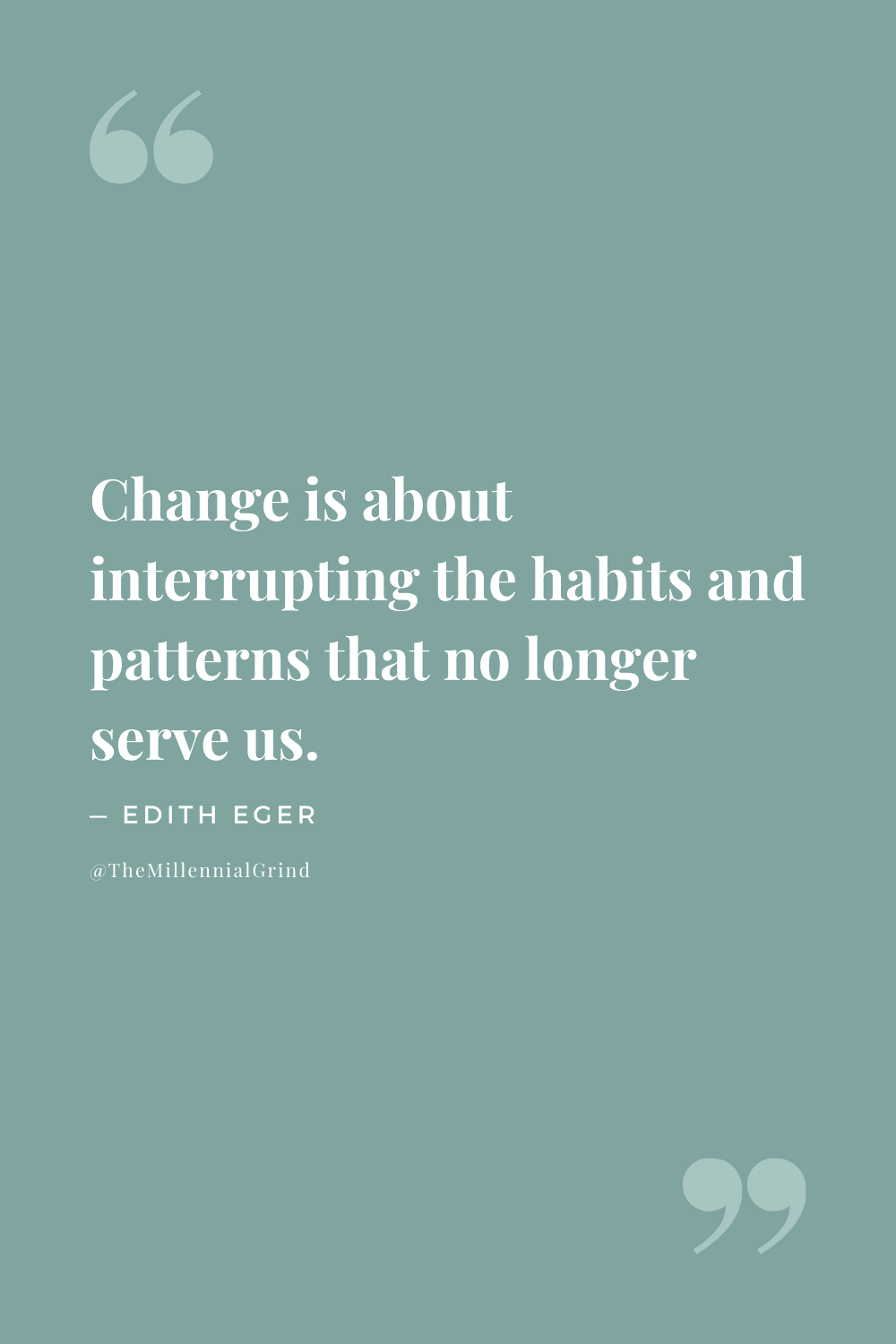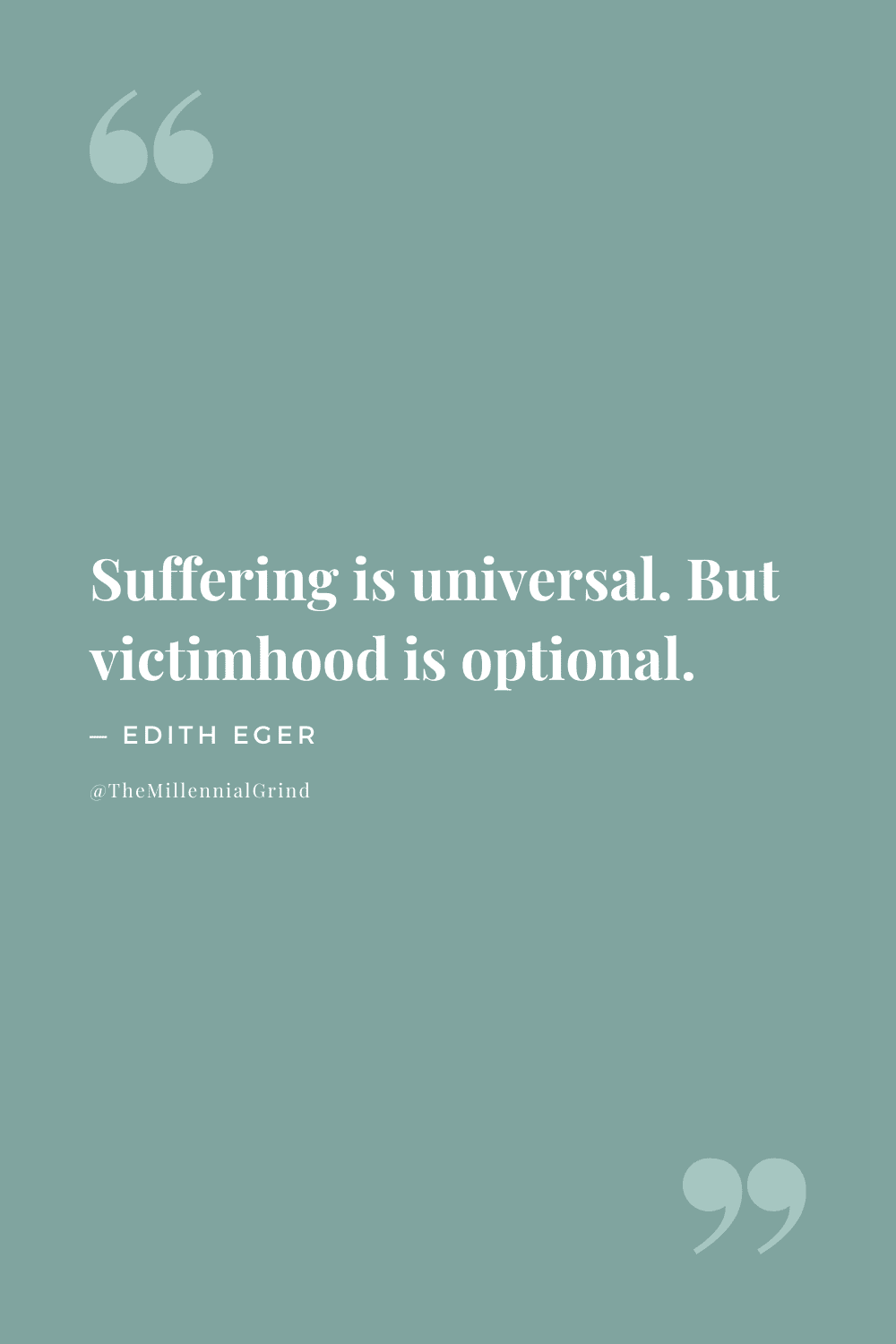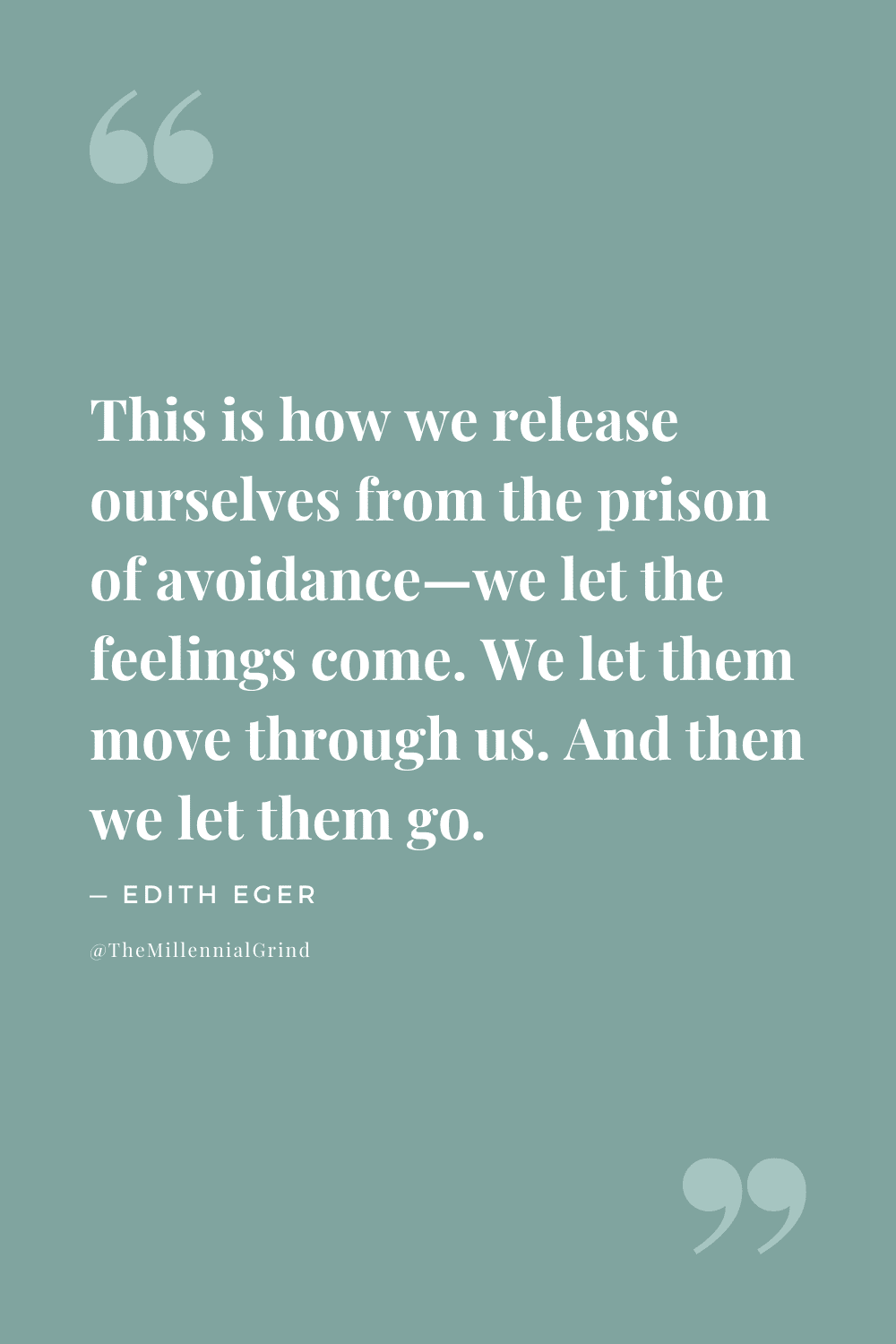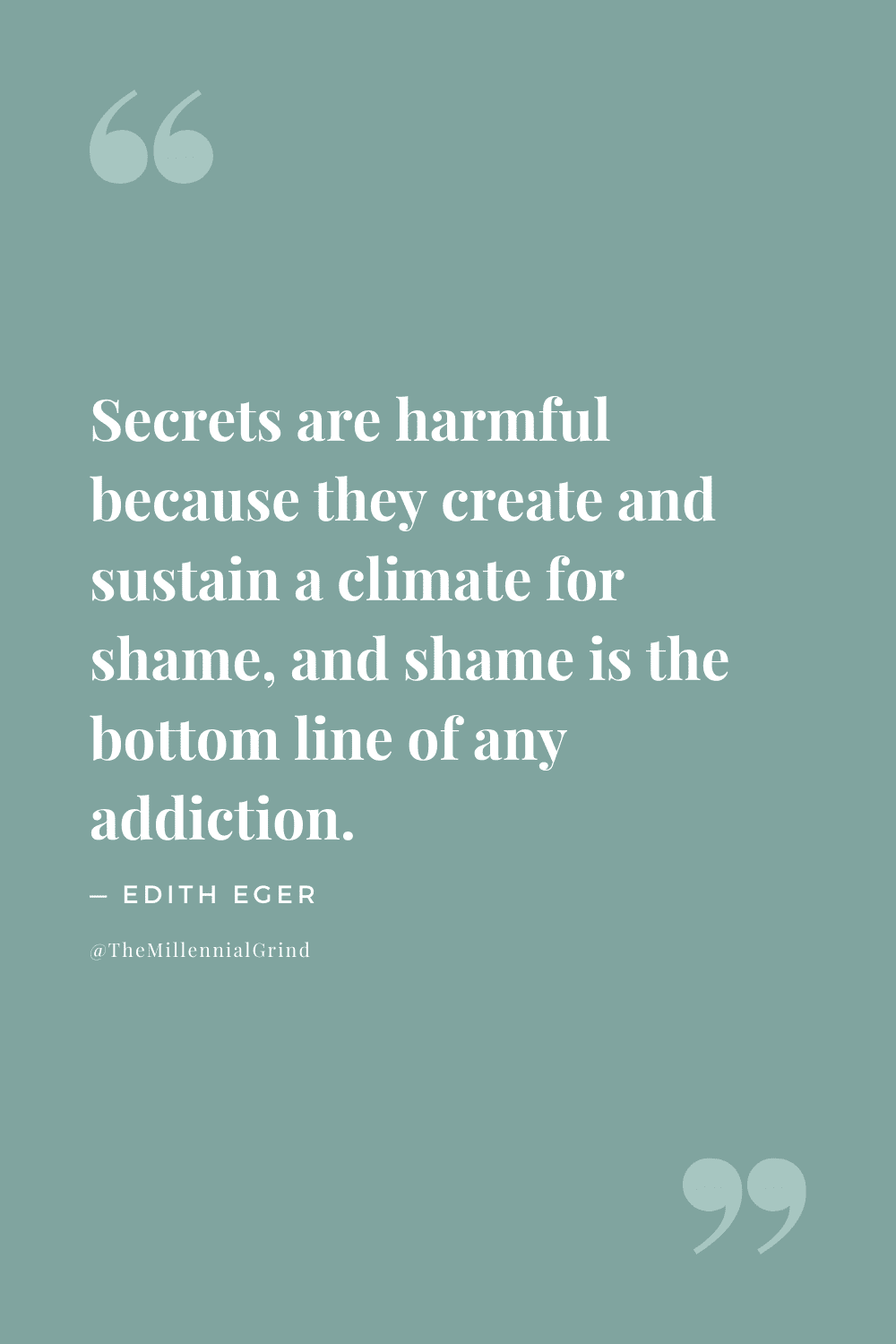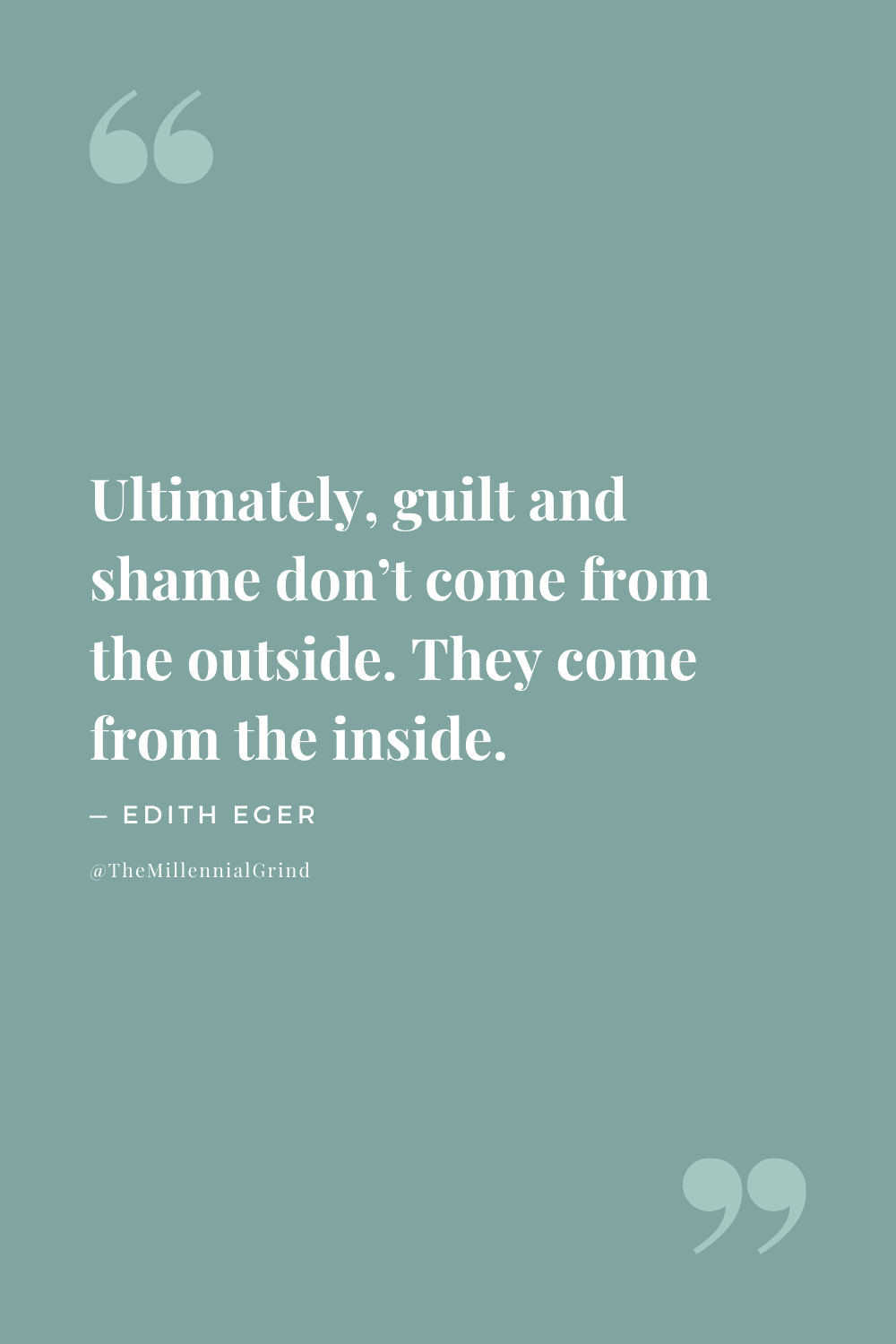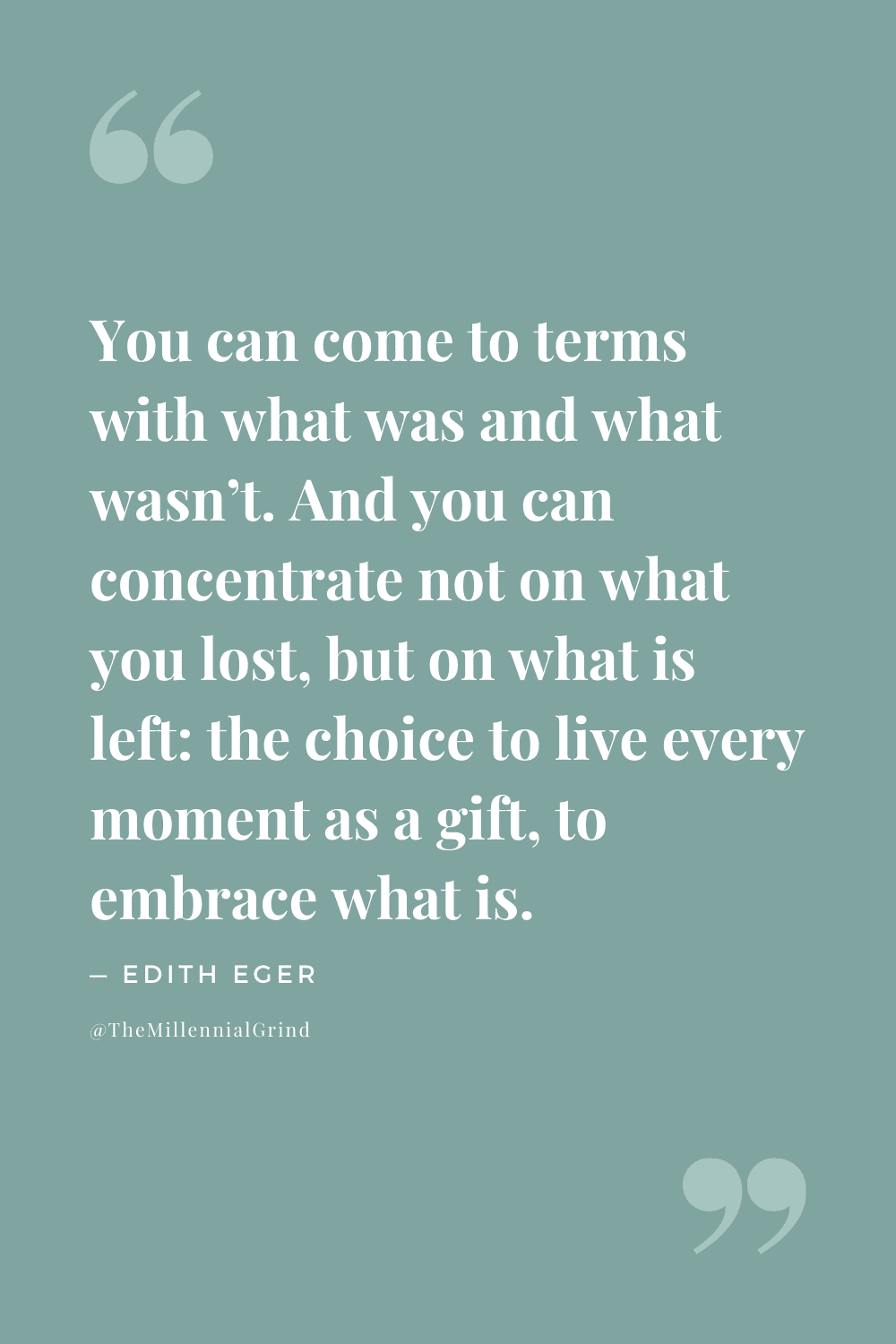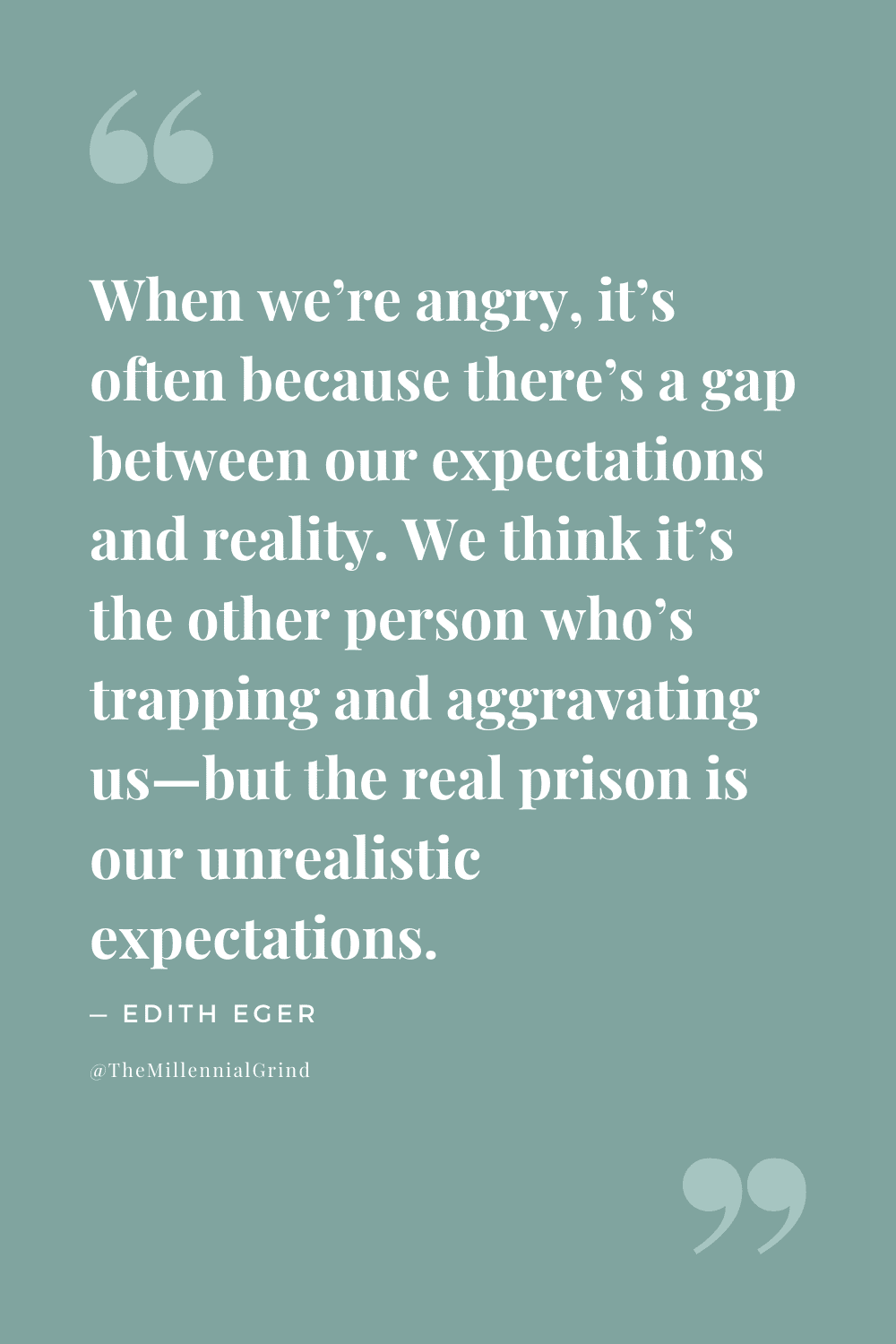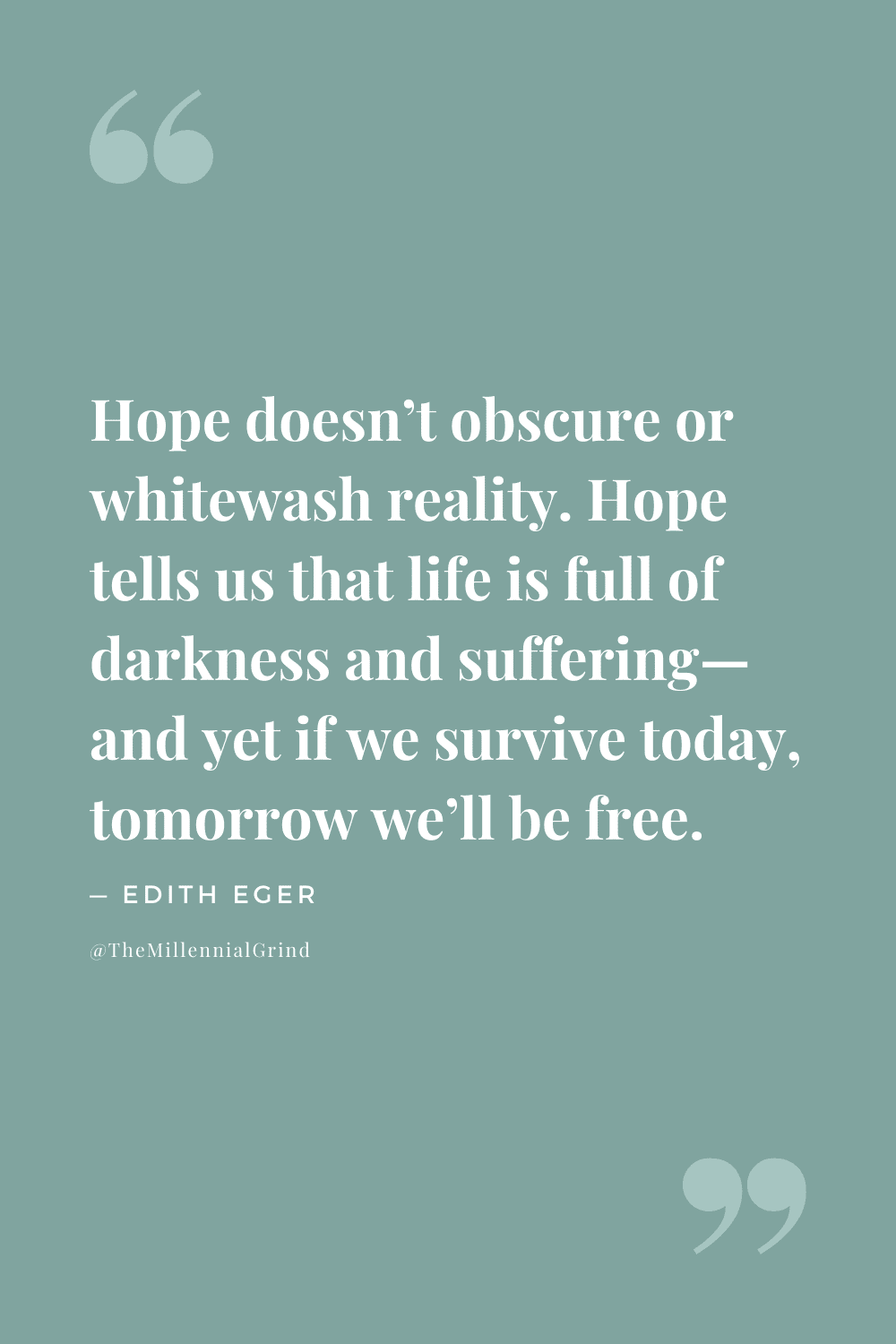The Gift by Edith Eger expands on her message of healing and provides a hands-on guide that gently encourages us to change the thoughts and behaviors that may be keeping us imprisoned in the past.
She describes the twelve most pervasive imprisoning beliefs she has known—including fear, grief, anger, secrets, stress, guilt, shame, and avoidance—and the tools she has discovered to deal with these universal challenges.
Filled with empathy, insight, and humor, The Gift captures the vulnerability and common challenges we all face and provides encouragement and advice for breaking out of our personal prisons to find healing and enjoy life.
Scroll down and read 40 quotes from The Gift by Edith Eger.
Get The Book: The Gift by Edith Eger available now on Amazon.
40 Quotes from The Gift by Edith Eger
Change is about interrupting the habits and patterns that no longer serve us.

We do not change until we’re ready. But readiness doesn’t come from the outside, and it can’t be rushed or forced. You’re ready when you’re ready, when something inside shifts and you decide, Until now I did that. Now I’m going to do something else.
When you change your life, it isn’t to become the new you. It’s to become the real you—the one-of-a-kind diamond that will never exist again and can never be replaced.
The ultimate key to freedom is to keep becoming who you truly are.
Suffering is universal. But victimhood is optional.

We don’t get to choose what happens to us, but we do get to choose how we respond to our experience.
Releasing ourselves from victimhood also means releasing others from the roles we’ve assigned them.
When we choose to respond to what’s happened by moving forward and discovering our freedom to, we release ourselves from the prison of victimhood.
Sometimes the feelings we run from aren’t the uncomfortable or painful ones. Sometimes we avoid the good feelings.
This is how we release ourselves from the prison of avoidance—we let the feelings come. We let them move through us. And then we let them go.

It’s very dangerous to put your whole life into someone else’s hands. You are the only one you’re going to have for a lifetime. All other relationships will end. So how can you be the best loving, unconditional, no-nonsense caregiver to yourself?
Sometimes the hardest way to show up for ourselves is to ask for help.
What can you do today to be self-ish—to show yourself love and care?
Honey, find you and keep filling it up with more you. You don’t have to work to be loved. You just have to be you. May you be more and more you every day.
Secrets are harmful because they create and sustain a climate for shame, and shame is the bottom line of any addiction.

Honesty starts with learning to tell the truth to yourself.
If you sit with one butt on two chairs, you become half-assed.
You always have a choice about what to do with the information life hands you.
Freedom lies in accepting our whole, imperfect selves and giving up the need for perfection.
Ultimately, guilt and shame don’t come from the outside. They come from the inside.

Loving yourself is the only foundation for wholeness, health, and joy.
Once you begin to heal, what you discover will not be the new you, but the real you. The you that was there all along, beautiful, born with love and joy.
What you pay attention to grows stronger.
Grief is often not about what happened. It’s about what didn’t happen.
You can come to terms with what was and what wasn’t. And you can concentrate not on what you lost, but on what is left: the choice to live every moment as a gift, to embrace what is.

Grieving is difficult, but it can also feel good. You can revisit the past. You can even embrace it. You’re not stuck there. You’re here now. And you’re strong.
Conflict is human. When we avoid conflict, we’re actually moving closer to tyranny than to peace. Conflict itself isn’t imprisoning. What keeps us trapped is the rigid thinking we often use to manage conflict.
If you take back your power and still want to be right, then choose to be kind, because kindness is always right.
We don’t have to like the difficult or painful things that happen to us. But when we stop fighting and resisting, we have more energy and imagination to move forward, instead of nowhere.
When we’re angry, it’s often because there’s a gap between our expectations and reality. We think it’s the other person who’s trapping and aggravating us—but the real prison is our unrealistic expectations.

Times are changing, and we are changing with the times. We aren’t stuck in the past, or stuck in our old patterns and behaviors. We’re here now, in the present, and it’s up to us what we hold on to, what we let go, and what we reach for.
We aren’t born with fear. Somewhere along the way, we learn it.
It’s better to risk and grow, and maybe fail, than to remain imprisoned, never knowing what could have been.
We’re born to love; we learn to hate. It’s up to us what we reach for.
Hope doesn’t obscure or whitewash reality. Hope tells us that life is full of darkness and suffering—and yet if we survive today, tomorrow we’ll be free.

To forgive isn’t to give someone permission to keep hurting you. It’s not okay that you were harmed. But it’s already done. No one but you can heal the wound.
Forgiveness isn’t something we do for the person who’s hurt us. It’s something we do for ourselves, so we’re no longer victims or prisoners of the past, so we can stop carrying a burden that harbors nothing but pain.
We can’t take away suffering, we can’t change what happened—but we can choose to find the gift in our lives. We can even learn to cherish the wound.
Life—even with its inevitable trauma, pain, grief, misery, and death—is a gift.
Honey, may you also choose to give up the prison and do the work to be free. To find in your suffering your own life lessons. To choose which legacy the world inherits. To hand down the pain—or to pass on the gift.

Which quote from The Gift by Edith Eger is your favorite?
